The digital era has expanded data privacy from a local issue to a global concern. As personal data protection gains more importance, regulations designed to protect consumers’ data rights are becoming increasingly complex.
Businesses that operate globally need to understand this evolving landscape. According to Statista 53% of internet users are more concerned about their online privacy than they were a year ago.
Data Privacy Regulations: A Historical Perspective
Data privacy laws have evolved from basic data protection principles in the 1980s to address the complex challenges of our digital age. The past two decades have seen a shift towards more comprehensive and stringent regulations like the General Data Protection Regulation (GDPR) in Europe, the California Consumer Privacy Act (CCPA) in the US, and Brazil’s Lei Geral de Proteção de Dados (LGPD).
A Comparative Look at Key Global Regulations
While these regulations aim to protect consumer data, their approaches vary. The GDPR strongly emphasizes the rights of individuals over their data, requiring express consent and providing the right to data portability and erasure. The CCPA focuses on consumer choice and transparency, with the unique feature of ‘do not sell my personal information’. The LGPD, influenced by the GDPR, has adapted its regulations to the Brazilian context, which includes a broad definition of personal data and strict data transfer rules.
Business Implications of Non-Compliance
The consequences of non-compliance are severe. Businesses face substantial fines, with GDPR penalties reaching up to 4% of a company’s annual global turnover or €20 million, whichever is higher. Besides financial penalties, non-compliance can lead to reputational damage and a loss of customer trust. According to a study by Ponemon Institute, the average cost of a data breach in 2020 was $3.86 million, not accounting for the long-term loss of customer trust.
How Technology Aids Compliance
With the increase in complexity and scope of data privacy regulations, technology plays a vital role in compliance. Artificial Intelligence (AI) and automation can help businesses manage and protect data, identify risks, and streamline compliance processes. Machine learning algorithms can analyze large amounts of data to identify compliance issues, while automation can help fulfill data subject requests promptly.
Adopting a Unified Approach to Data Compliance
Operating in a global digital economy means dealing with multiple data privacy laws. This calls for a unified approach to data compliance. Understanding and implementing various regulations may seem daunting, but it’s essential in our interconnected world. A unified approach can help maintain consistent data privacy policies, reduce non-compliance risk, and build trust with customers.
Thought Leadership in Data Compliance
Understanding global data privacy regulations is not just about compliance; it can position a business as a thought leader in data compliance. Businesses that proactively navigate the data privacy landscape and stay updated with regulatory changes show a commitment to customer data rights. This builds trust and drives business success.
In today’s fast-paced, data-driven world, understanding global data privacy regulations, leveraging technology for compliance, and aligning with a unified approach to data compliance are strategic imperatives. A report by McKinsey & Company highlights the need for a balance between data utility and privacy, emphasizing that businesses must adapt their data privacy and compliance strategies to stay ahead.
Stay informed, stay proactive, and embrace technology’s role in data privacy and compliance. Your business’s future may depend on it.



